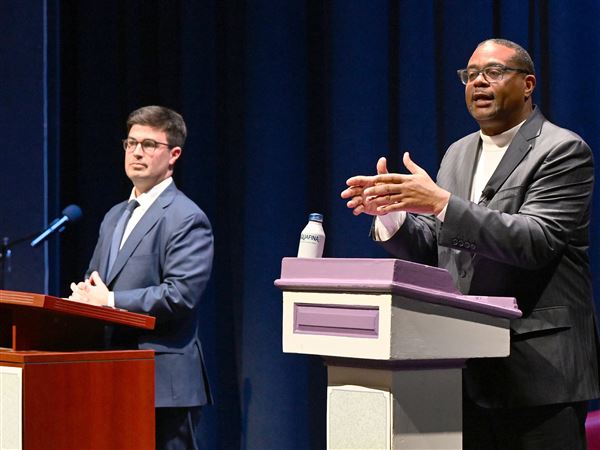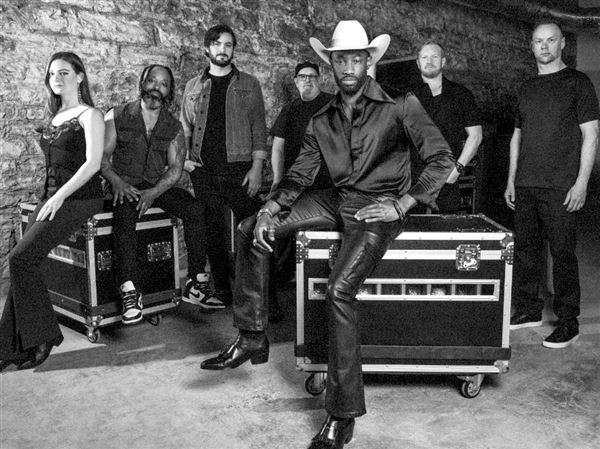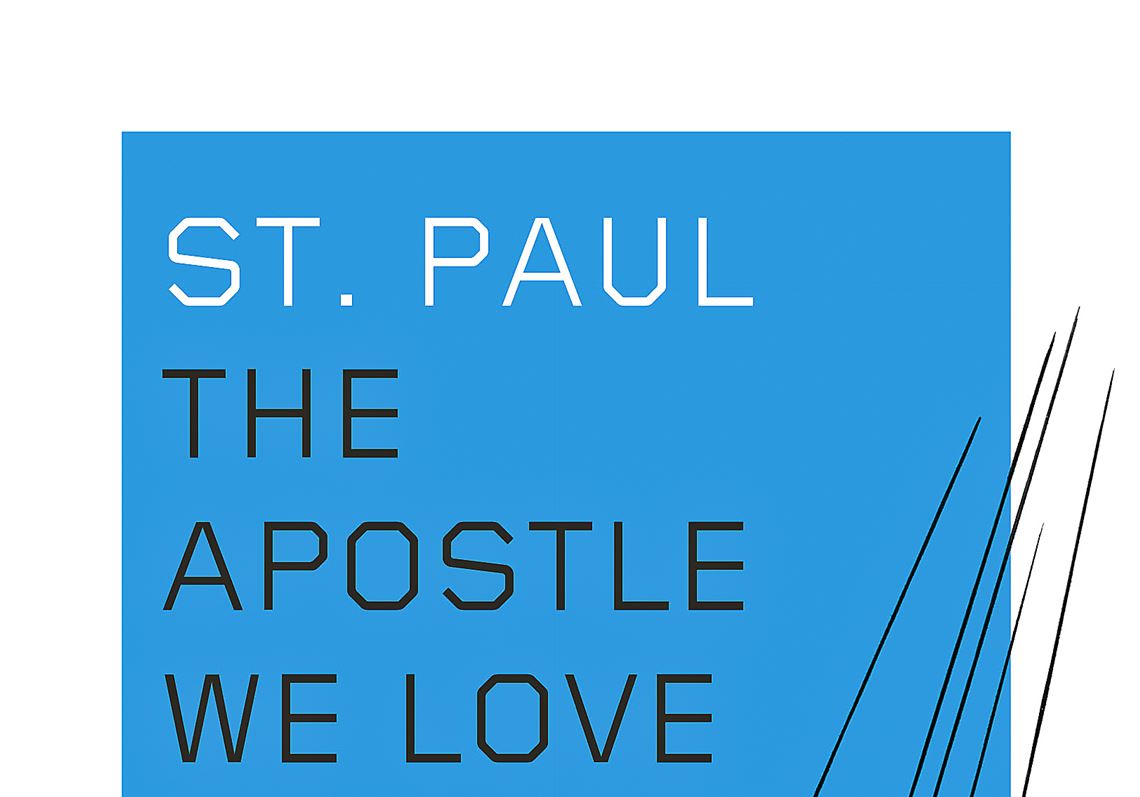“Saul, Saul, why do you persecute me?”
With those words Saul the Pharisee became Paul the Apostle. But in doing so he has traditionally been blamed for the bitter legacy of the separation of Christianity from Judaism. Feminist theologians also blame him for denying women authority in the early Church and beyond. In “St. Paul: The Apostle We Love to Hate,” Karen Armstrong (“A History of God,” “Fields of Blood: Religion and the History of Violence”), attempts to release Paul from this burden in a readable format that places his life’s work in context.
New Harvest ($20).
Ms. Armstrong provides the historical background for the first missionaries who took the “good news” of Jesus to the cities of the Eastern Roman Empire. Paul’s message contained two vital elements: the “kingdom of God” was arriving soon, and Jesus of Nazareth had been resurrected and exalted at God’s right hand. The first element promoted the idea that society was shortly to be transformed; as Paul claimed, there would be “neither Jew nor Greek, male nor female, slave nor free.” This was a powerful message that was certain to upend the political and social conventions of Greco-Roman society. The second element, the deification and subsequent worship of Jesus, would provide pagan converts with a replacement for their polytheistic traditions.
It is among the pagans that Paul’s missions became the center of contention for the Jewish followers of Jesus. Should the Gentiles (the Jewish term for pagans) become Jews first, or could their faith alone make them viable members? Paul claimed that Gentiles need not participate in the Jewish physical rituals of circumcision, dietary laws, or Sabbath observance. He argued that they were saved by faith and not “by works of the Law.” Ms. Armstrong correctly points out that Paul never intended a total break with the Law of Moses; Gentiles also had to follow the ethical dictates of Torah and cease idolatry. In other words, Paul remained a Jew throughout his life. He did not create “Christianity” as an alternative to Judaism (which would only happen in the second-century).
Ms. Armstrong emphasizes that Paul named several women apostles, teachers, healers and prophets who shared his ministry. For a Jewish Pharisee, the belief that society would soon be transformed allowed him to promote a radical acceptance of the equality of women. On the other hand, Ms. Armstrong claims that passages at the core of feminist criticism (e. g., women cannot speak in the assembly [Corinthians 14:34-36] or teach [1 Timothy 8-15]), were inserted by later disciples of Paul. In my view, at least for the Corinthian passage, “the Kingdom” was yet to arrive. In the interim, Paul modeled his communities on the Assembly of the Greek polis where women had no voice. Women could stand up to prophecy and heal, but that was because the Spirit of God was upon them and the Spirit ignored gender.
Absent from Ms. Armstrong’s review is reference to the research of scholars over the past 60 years working on what has been called “The New Perspective on Paul.” Examining Paul in context rather than the legacy of Luther’s interpretation, their work provides a more accurate understanding of Paul vis-à-vis Judaism. While cautioning against it, Ms. Armstrong nevertheless accepts the prevailing view that Judaism as an institution in the first century was essentially corrupt, a view that continues to influence interpretations of Jesus’ ministry. This book is similar to the latest ones that present Jesus as a combination of Gandhi and Martin Luther King, Jr.—pleasant analogies but historically anachronistic. In Ms. Armstrong’s reconstruction Paul stands out as a brilliant liberal bulwark against the powers of both his native religion and the tyranny of Rome.
More discussion of Paul’s deification of Jesus would be helpful because this was another major “stumbling block” among some Jewish followers of Jesus. Nevertheless, the book succeeds in Ms. Armstrong’s purpose: a rehabilitation of the most influential Christian missionary, and an exploration of the issues that still haunt us. Her work seeks to repair Jewish-Christian relations, to refocus the importance of women in modern Christianity, and to actualize “the Kingdom” in our world. It is time to stop persecuting Paul and appreciate his teachings.
Rebecca I. Denova is lecturer in early Christianity at the Department of Religious Studies, University of Pittsburgh (rid4@pitt.edu).
First Published: September 27, 2015, 4:00 a.m.















